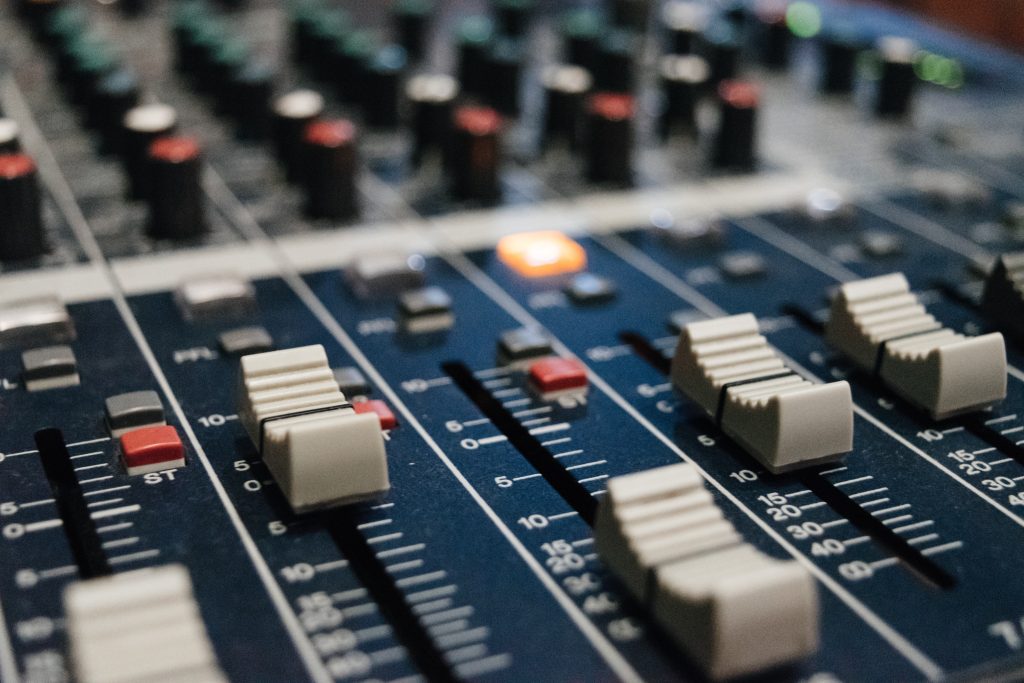Integrating Tech in Music Education: Boosting Engagement & Study
Integrating Modern Tech in Music Education: Enhancing Study and Engagement
The world of music education is undergoing a transformation. As technology continues to evolve, educators are seeking innovative ways to integrate it into their curricula. The potential of modern tech in music education is vast, promising not only to enhance the way we study but also to boost engagement and passion for the subject.
For years, traditional methods of teaching music relied heavily on face-to-face instruction, paper sheet music, and classical instruments. However, with the advent of digital tools and platforms, there’s an opportunity to redefine and enrich the music learning experience. WritePaper research indicates that integrating technology can make studying more interactive and tailored to individual needs.
The Digital Revolution in Music Learning
1. Interactive Software and Apps
There are numerous software and apps available that assist students in studying music theory, reading sheet music, and even composing their own pieces. Many of these platforms are designed for both school and college levels, ensuring that learners at all stages can benefit from them.
2. Virtual Reality (VR) and Augmented Reality (AR)
VR and AR can immerse students in a 3D musical environment. This can be especially helpful for learning about historical contexts, musical styles, or even for virtual instrument practice. Imagine a student donning VR glasses to attend a Mozart concert or practice with a virtual orchestra.
Tech’s Role in Homework and Assignments
1. Online Collaboration
Technology allows students to collaborate online, making group assignments more feasible and efficient. This is particularly beneficial for college students who may have different schedules or reside in different locations.
2. Digital Portfolios
Gone are the days of carrying bulky folders with sheet music and assignments. Digital portfolios enable students to store, organize, and showcase their musical creations and homework in a convenient and accessible manner.
Enhancing Classroom Engagement
1. Gamification of Learning
Using games to teach music concepts can make learning more engaging. Apps and software turn homework and assignments into fun challenges, thus promoting active participation and engagement among students.
2. Personalized Learning Paths
Tech tools can assess a student’s strengths and areas for improvement, creating personalized learning paths. This ensures that each student receives the instruction they need, at their own pace.
The Future of Music Education with Tech
As technology becomes more ingrained in our daily lives, its influence on education is undeniable. Schools and colleges need to stay updated with the latest tools and methodologies to provide students with the best learning experience. For students, embracing technology not only aids in their current assignments but prepares them for a future where digital fluency is paramount.
Remote Learning: Changing the Face of Music Education
1. Online Music Lessons
With the rise of high-quality video conferencing tools, students no longer need to be in the same room as their instructor. Remote lessons have made music education accessible to those who might be geographically isolated or have mobility challenges.
2. Access to World-class Tutors
Online platforms allow students to connect with tutors from all around the world. This means a student sitting in a small town can learn from a renowned instructor based in a major city or even another country. The barriers to quality education are rapidly dissolving.
Tech-driven Resources for Homework and School Assignments
1. Music Databases and Libraries
There are vast online resources available where students can access sheet music, compositions, and recordings. These databases assist students in their school assignments by providing them a plethora of materials at their fingertips.
2. Digital Composition Tools
These tools can help students in crafting their own pieces, allowing them to experiment and innovate. These software programs often come with built-in instruments, enabling students to compose even if they don’t own a particular instrument.
Conclusion
Music education, like many fields, stands to benefit immensely from the digital revolution. Integrating modern tech tools and methodologies can greatly enhance studying, making it more engaging, personalized, and efficient. As the world continues to evolve, it’s vital for both educators and students to stay abreast of these changes. By doing so, they’ll ensure they’re not only making the most of their current learning experiences but are also prepared for the future. For those looking for additional resources on educational innovation, some of the best paper writing services offer insights and research on the topic.
Photo Credit: Unsplash
